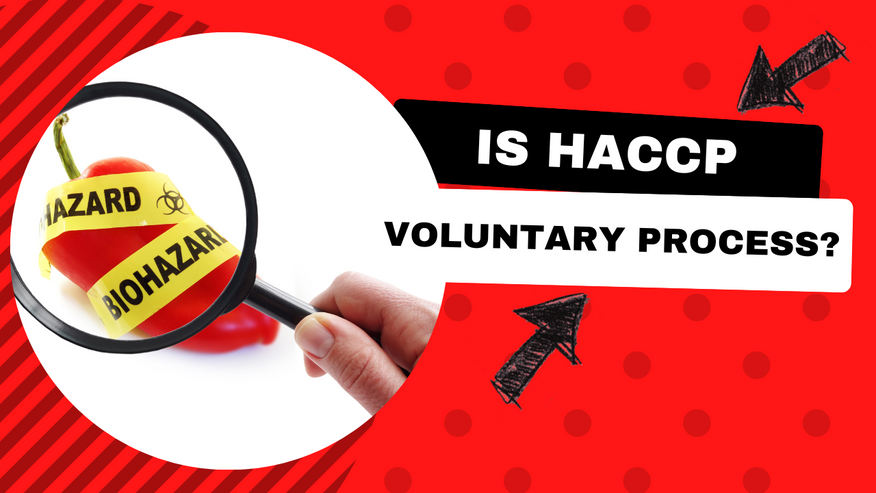Aug 24th 2022 - Monica Cunanan
Is HACCP a Voluntary Process and Should Your Business Implement It?
Do you usually think about food poisoning when you're eating at restaurants? If you're aware of what HACCP is, you probably don't need to worry. This is a system that keeps everyone safe so that they can eat outside without worrying about becoming sick from bad foods. However, do all restaurants implement this?
Is HACCP a Voluntary Process?
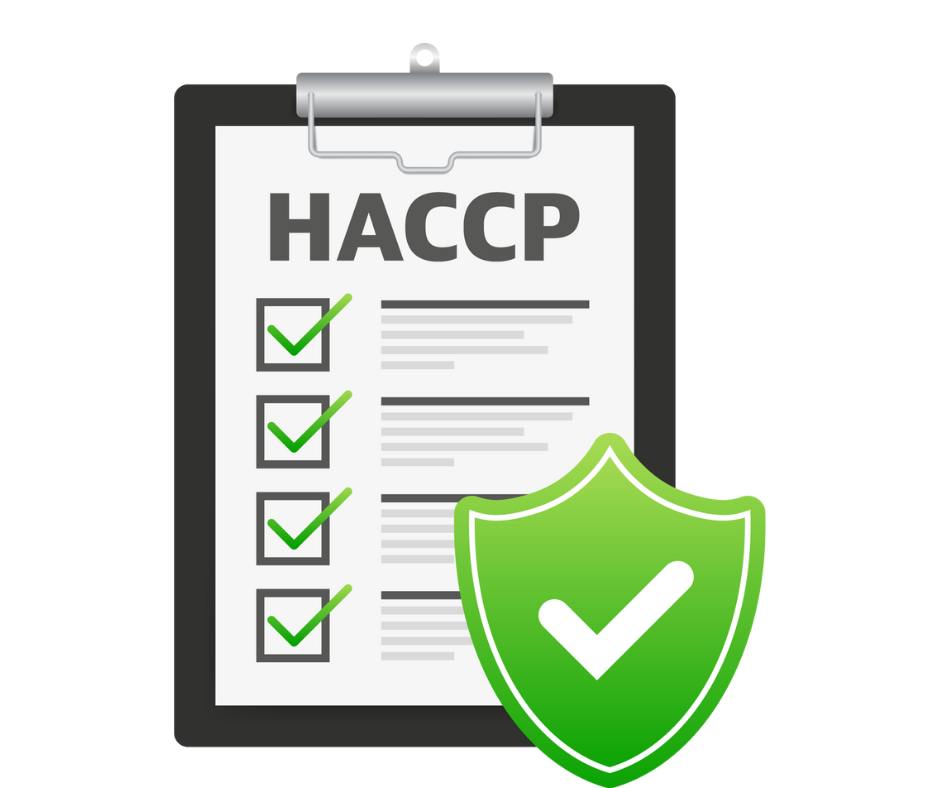
HACCP is a voluntary process for almost all retail food establishments in the US. There are few guidelines to determine operations that are required to have a HACCP plan and this is based on the manufacturing process and raw foods of the company. HACCP is a mandatory food safety management system for all types of food businesses in the UK.
Despite being a voluntary implementation in some regions, the HACCP (Hazard Analysis Critical Control Point) program is still highly preferred and widely used by many food inspectors in various regions.
Some of the steps taken under the HACCP program are considered critical and valuable for maintaining food quality, which is ultimately the duty of a food establishment. For instance, the cooking process should always entail reaching the critical internal temperature required for controlling biological threats when cooking.
What is HACCP?
HACCP stands for Hazard Analysis Critical Control Points. It is an established system of guidelines for the implementation of food safety for the public.
It aims at ensuring consumer protection and worker safety. Food-born illnesses have been greatly reduced since their introduction more than 50 years.
HACCP procedures ensure that foods are prepared from good quality raw materials, and ingredients and inspected for safety before they're served.
It focuses on the entire food chain from farming, processing, the food manufacturers, marketing, and selling to grocery stores, restaurants, and consumers.
The idea is to prevent hazards (may it be biological hazards or physical hazards) from happening by containing them before they occur. It helps fight threats like fake foods and adulterated products.
This helps reassure consumers about their safety by building a safe dining experience.
Who established and administers it?
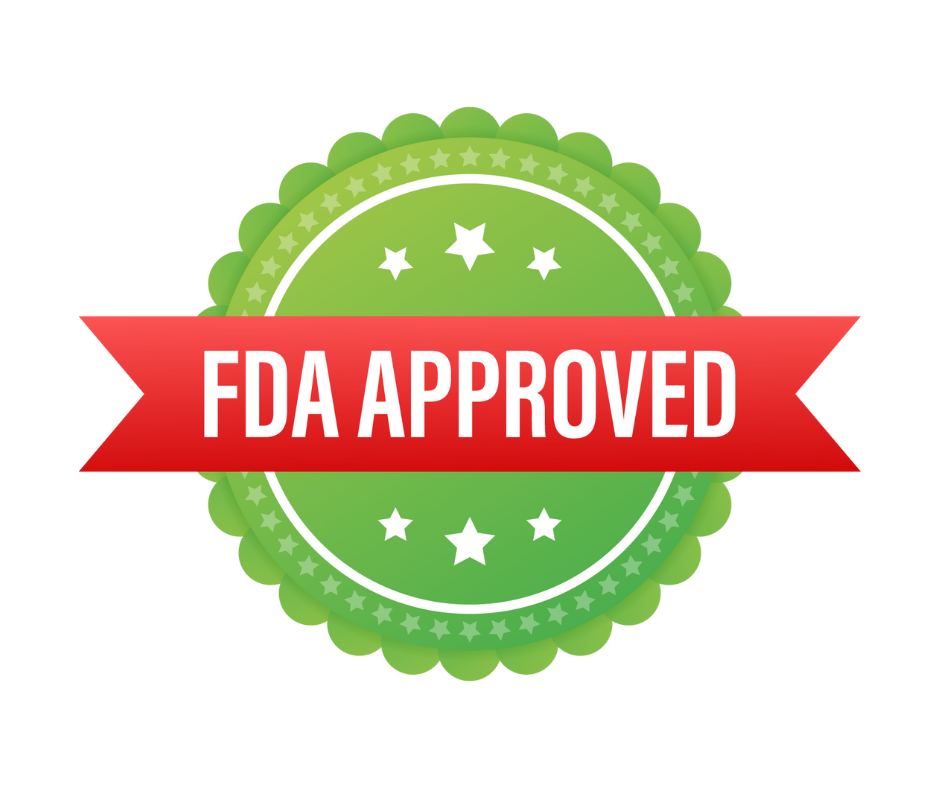
HCCAP (Hazardous Chemical Cleanup Assistance Program) was established in the 1960’s by three entities partnering together: NASA (National Aeronautics and Space Administration), the U.S. Army Labs, and Pillsbury Company
It's mission was to create a control system for making foods safe for astronauts who travel into outer spaces.
However, HACCP isn't a government agency. It is simply a tool for managing food safety.
HACCP is administered in the United States by the Food Safety Inspection Services (FSIS) under the U.S. Department of Agriculture (USDA).
The HACCP (Hazard Analysis Critical Control Point) is continually reviewed or updated to ensure it remains responsive to situations and potential food safety hazards, especially if new outbreaks occur.
The plan places responsibilities on both employers and employees to improve their working conditions. For example, employers must provide food hygiene education at their workplaces. They expect their employees to know the HACCP process too.
7 HACCP Core Principles
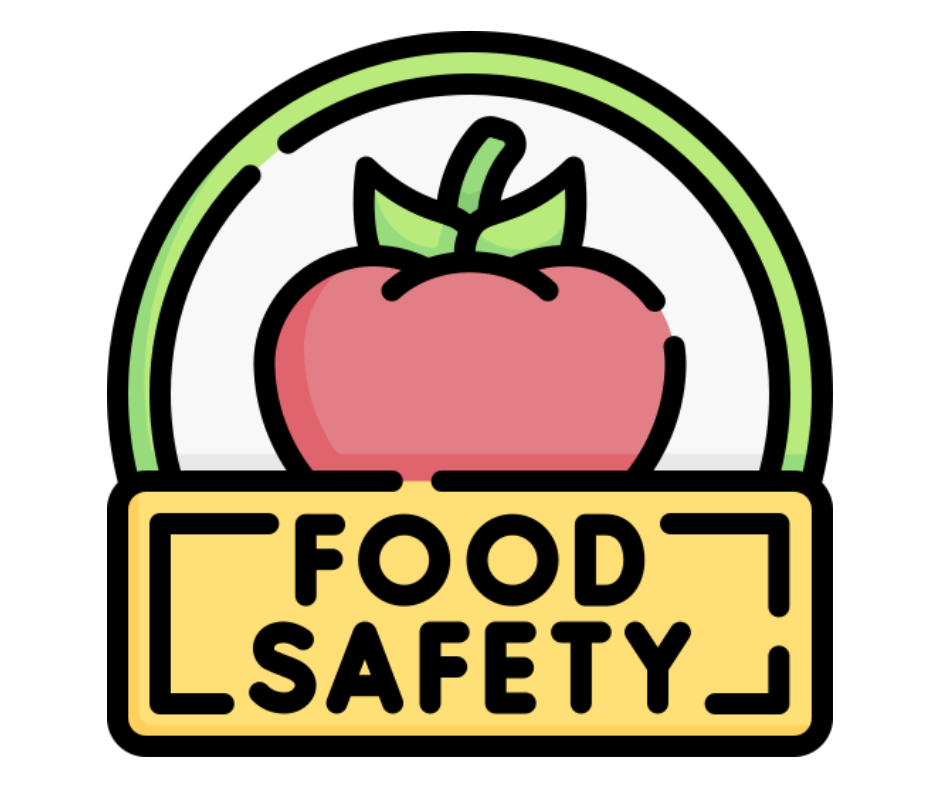
- Performing hazard analysis
- Establish Critical Control Points (CCP)
- Installing a control and monitoring system for the CCP
- Setting critical limits
- Taking corrective actions
- Requiring confirmation steps to ensure the effectiveness of the system
- Record keeping and documentation
Which Establishments should have a HACCP Plan?
All types of restaurants will benefit from implementing a Hazard Analysis Critical Control Point (HACCP) plan. Every restaurant must ensure that its processing operations are safe for consumers. To achieve this, restaurants use the Hazard Analysis Critical Control Point (HACCP) method. For food business owners who deal with high-risk foods, a HACCP plan would be most effective.
Furthermore, a concrete HACCP plan demonstrates the importance of proper hygiene for your company and its consumers. It also makes them aware that your business takes proper sanitation seriously.
HACCP Process Is Mandatory for these Specific Industry Types:
HACCP Process (USA)
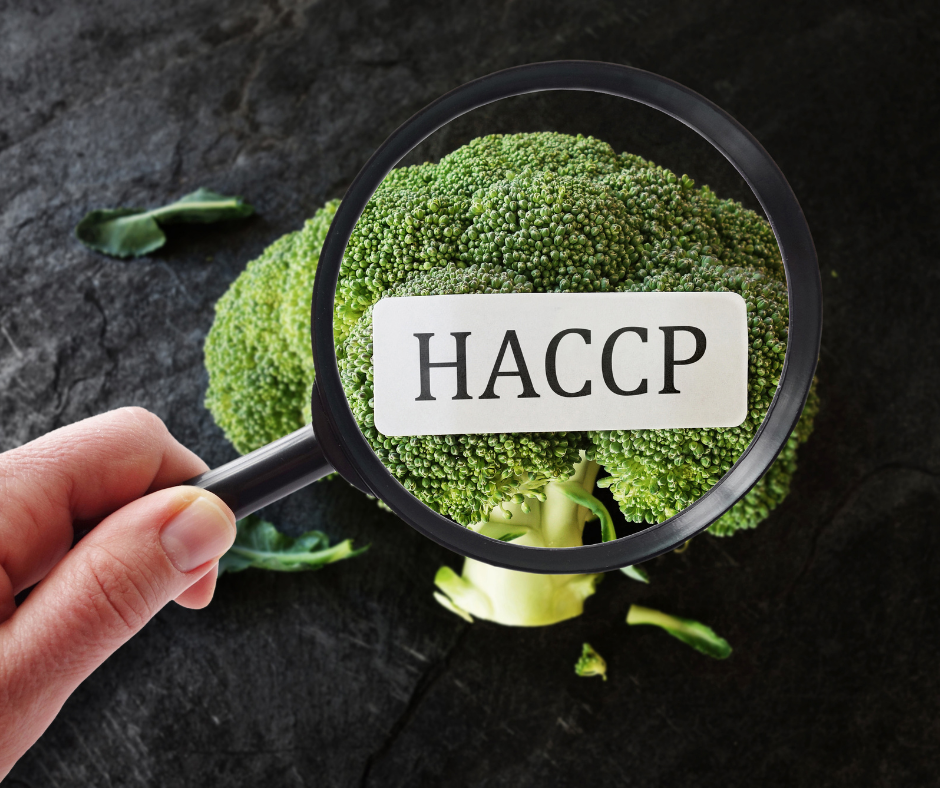
For food processing companies based in the United States, the Food and Drug Administration (FDA), and the United States Department of Agriculture Food Safety and Inspection Service (USDA FSIS), requires these products to create a HACCP plan
- Food manufacturing plant of juice (FDA 21 CFR part 120)
- Seafood (FDA 21 CFR part 123).
- Any meat products and poultry food businesses
According to the FDA Food Safety Modernization Act, a comprehensive Food Safety Plan with risk-based preventive controls (HARPC) is needed unless it is exempted from the food safety regulatory requirements for all other food businesses not included in the previously mentioned ones.
HACCP Process (UK)
The government in the UK and Ireland recommended the HACCP food safety management system in the 1990s. By January 1st, 2006 all companies involved in the production of processed foods had to implement a Hazard Analysis Critical Control Point (HACCP) plan. Some small businesses, especially the smaller retail stores and caterers, may not need any kind of management software if they follow good hygiene practices and adapt their HACCP procedures.
Why should I follow the HACCP process?
Whether or not you need to follow the HACCP process (or get HACCP certified) is up to you. However, it is always advisable for any company to take steps to ensure the safe handling of foods. The importance of ensuring safe foods is vital for any type of business. Here are some of the reasons why you should adopt a HACCP system:
Ensures Customers' Health and Safety
To minimize the risk of spreading food poisoning to an acceptable level, interception of food safety hazards such as food fraud, avoiding the usage of inappropriate control measures, and using corrective actions must be done. To help ensure cleanliness and safety for the public, a HACCP plan keeps track of sanitation practices and other factors.
Prevention of Acquiring Fines and lawsuits
It is not difficult for your team to miss important tasks through insufficient training and this would lead to a lack of assurance that the workplace is safe from any potential hazard. In the HACCP process, the establishment of monitoring procedures, record keeping, and verification processes for any of your food preparation processes. Through the implementation of HACCP, your business would most likely avoid situations where you are given fines due to foodborne illness outbreaks or for unsafe practices. On top of that, serious food safety hazards can cause an outbreak which would then lead to lawsuits which can be very damaging for your brand name.
Building a Strong Brand Image.

A HACCP food safety program helps you keep your business safe by protecting customers from any public health concern. This system helps create a positive brand identity for your company. By complying with the HACCP (Hazard Analysis Critical Control Point) system, you show your commitment to serving only healthy food products. This awareness of food safety risks gives your company a huge competitive advantage.
When building a strong brand identity, earning the consumer's trust as an advantage for your company in terms of profits is beneficial. Customers usually prefer using products that they know are reliable and safe. A HACCP plan ensures uninterrupted cash flows from continuous business activities.
Standards for Food Safety Improve
In hindsight, the HACPP system promotes uniform food production practices and, therefore, food products. GMP (Good Manufacturing Practice) helps improve the overall product by ensuring its safety and high standards of production.
Promotes Teamwork Within Organizations
The HACCP system and its implementation require teamwork. It takes cooperation from everyone in your food industry if it's going to be successful. All food operators must be trained to understand how the HACCP system operates.
Aligns with higher food safety management system standards

Most of the stricter food quality control systems and certifications, including the ISO 22000 series, rely on the HACCP (Hazard Analysis Critical Control Point) method in addition to some modifications to food regulations. Because of its solid structure, having a well-constructed HACCP plan gives you more opportunities to pass other certification systems successfully.
Overall, having a complete HACCP plan for your restaurant helps your business and can only improve things further. Following food safety regulations is the best way to ensure safe food production.
Looking for Essentials to Run your Restaurant?
Whether or not you are allowing pets in your establishment, good-quality appliances and accessories are a must. Here at CulinaryDepot, we carry all the essentials for your commercial kitchen. Contact us or visit our online store for more information.

